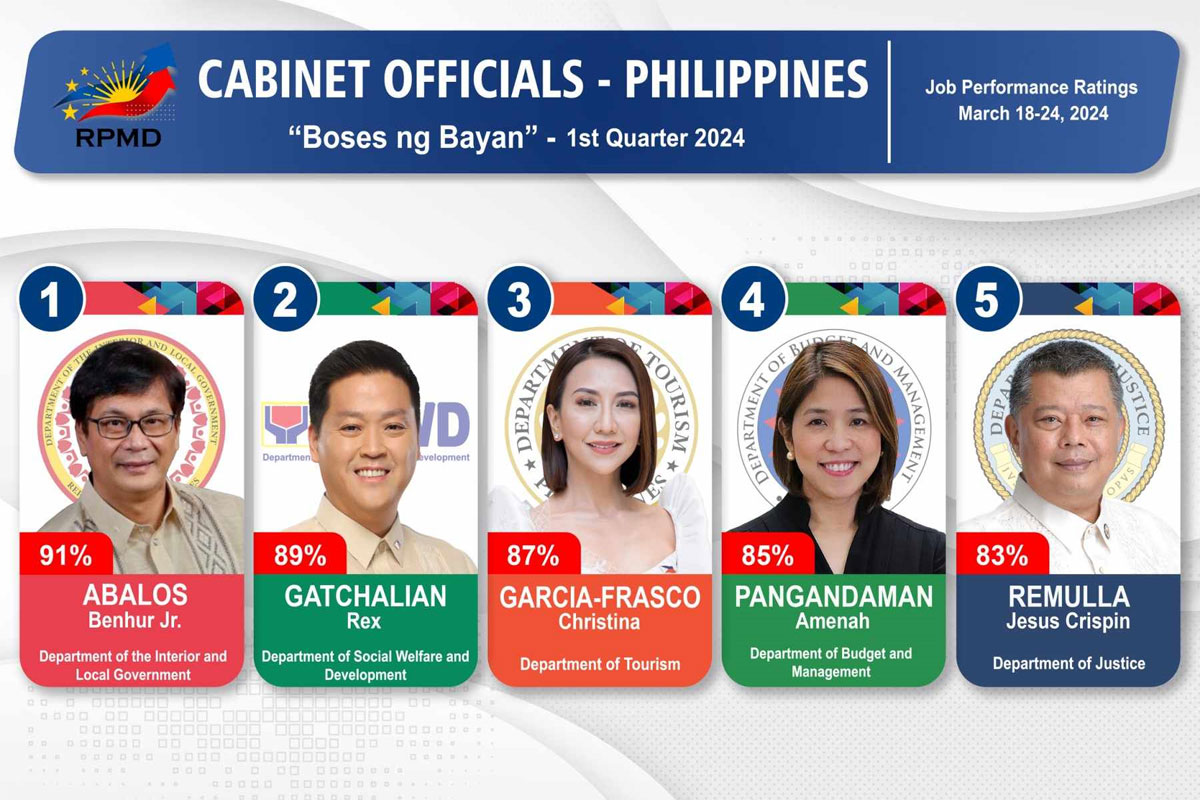
Strong policies vs chemical pollution urged
STRINGENT actions must be implemented to ensure that chemicals are produced, used, and managed in a way that will prevent their harmful impacts on human health, wildlife, the environment, and the climate.
This was the call of several environment-advocacy groups in view of the recent report that “we are already at ‘code red’ for global chemical pollution.”
The EcoWaste Coalition, Interfacing Development Interventions for Sustainability (IDIS), Taiwan Watch Institute (TWI), Wonjin Institute for Occupational and Environmental Health (WIOEH) and the International Pollutants Elimination Network-Southeast & East Asia (IPEN-SEA) made the call during the recently-held webinar on “Safer Substitutes and Solutions for a Non-Toxic Economy,” which they organized.
During the webinar, the said groups shared ideas on reforming the chemicals industry, which is at the heart of the current global chemical and plastic pollution crisis and also a large contributor to climate breakdown.
Beverley Thorpe from the Clean Production Action said that the petrochemical sector is a key blind spot in the climate crisis, yet, it will drive half of the oil demand between now and 2050.
“Much of this will go into a doubling of plastic production in the next 20 years,” said Thorpe, who is also the lead author of the Safer Solutions plank of the Louisville Charter for Safer Chemicals, which serves as a shared roadmap for transforming the chemical industry globally so that it is no longer a source of greenhouse emissions and toxic harm.
Thorpe noted that “tragically, we are already at ‘code red’ for global chemical pollution,” citing a study by scientists that has concluded that “safer planetary boundary for pollutants has been exceeded.”
“To stop uncontrolled chemical pollution and even more plastic waste, we need a cap on chemical production. But to truly transform this industry, we need to decarbonize, detoxify and democratize the way chemicals are produced. Change is possible, and the Louisville Charter provides a solutions path forward,” she said.
Thorpe further stressed that the chemical sector transformation requires sustainable chemical design based on green chemistry and green engineering principles.
Such transformation, she said, will bring about benefits, including renewable and low-hazard feedstock chemicals, processes that are safe for local communities, and safer material re-use in a circular economy.
Vito Buonsante, IPEN’s Technical and Policy Advisor, on the other hand, emphasized the need for an improved Strategic Approach to International Chemicals Management (SAICM) and the creation of a global green fund to manage chemicals and waste based on the internalization of costs of chemicals and waste industries in line with the polluter pays principle.
“We should not be exposed as people to toxic chemicals, especially in a world where there are fewer resources, and we’re trying to use those resources better towards a circular economy, which should be safe and free of toxic chemicals. We need to apply the right-based approach because we need to protect vulnerable communities. Chemicals need to be central in decision-making by governments, and that funding is vital.We need to start to think about a world without petro-chemicals, and without toxic chemicals,” Buonsante added.
For his part, Dr. Junhee Cho, senior researcher at WIOEH, reported that many people, including children, are exposed to toxic chemicals because they don’t know what’s inside the products they use.
He noted that South Korea is no exemption citing the death of over 1,000 people due to exposure to toxic chemicals in humidifier disinfectants.
Cho disclosed that the tragedy led to a demand for chemical transparency to ensure public safety, which has, among other things, resulted in the voluntary household product safety agreement between industry and citizens with government research groups.
“After [a] long discussion with the companies, over 2,000 household product ingredients are entirely open to the public. Today, people can access information anytime through the Internet,” Dr. Cho added.
For her part, zero waste advocate Sonia Mendoza, chairman of Mother Earth Foundation, agreed about the importance of promoting green chemistry and green engineering for chemical safety and sustainability.
She likewise welcomed the ten policy planks of the Louisville Charter, which provides for the principles and practices towards a reformed chemical sector, as well as the proposed global green fund addressing chemical and waste pollution.



















